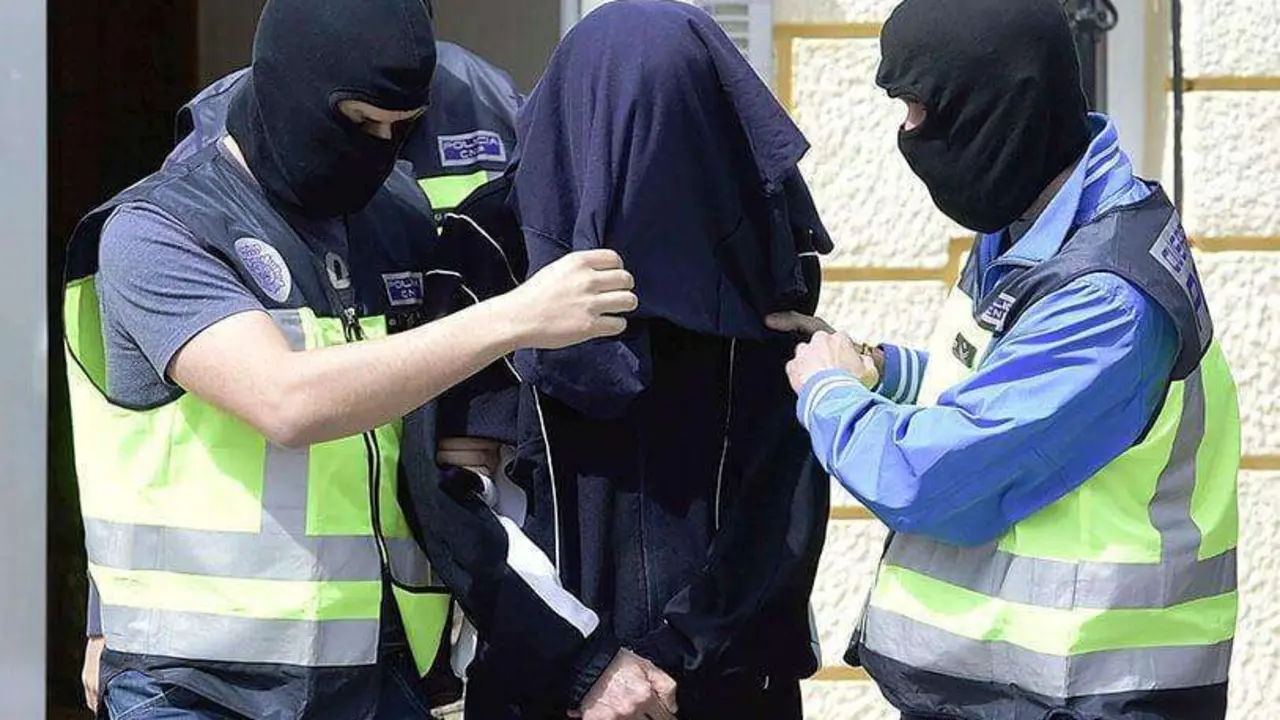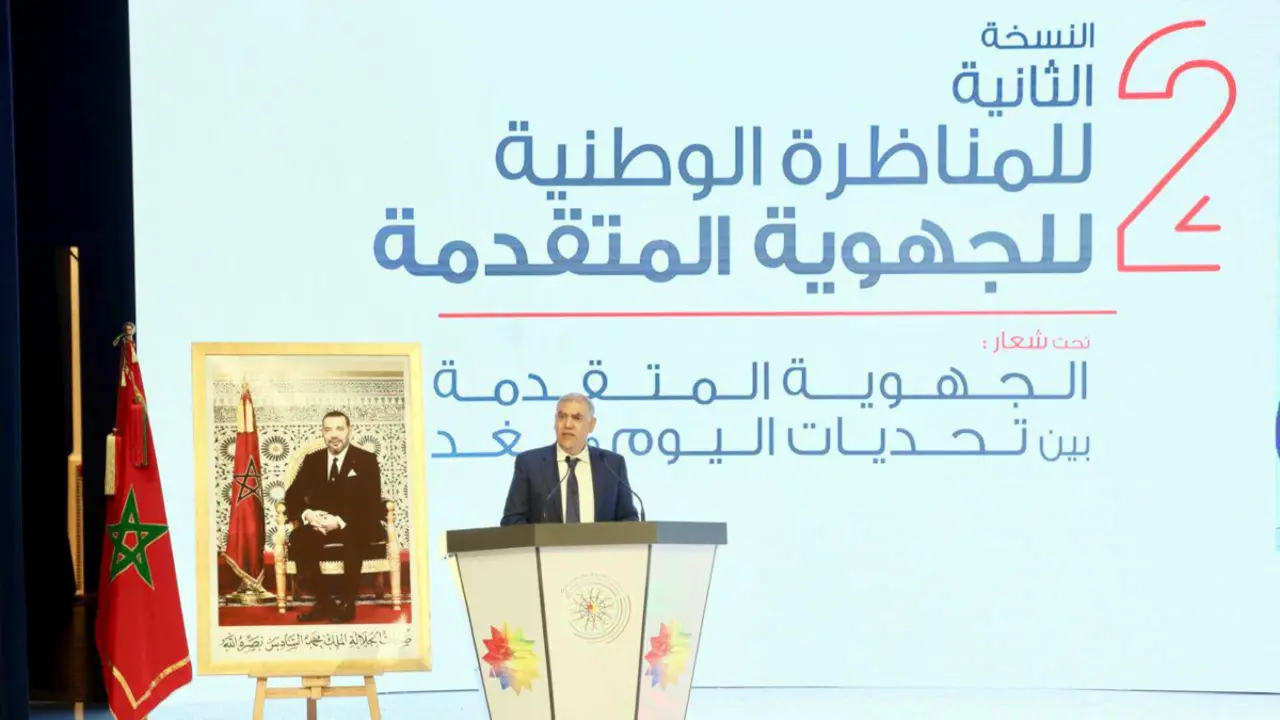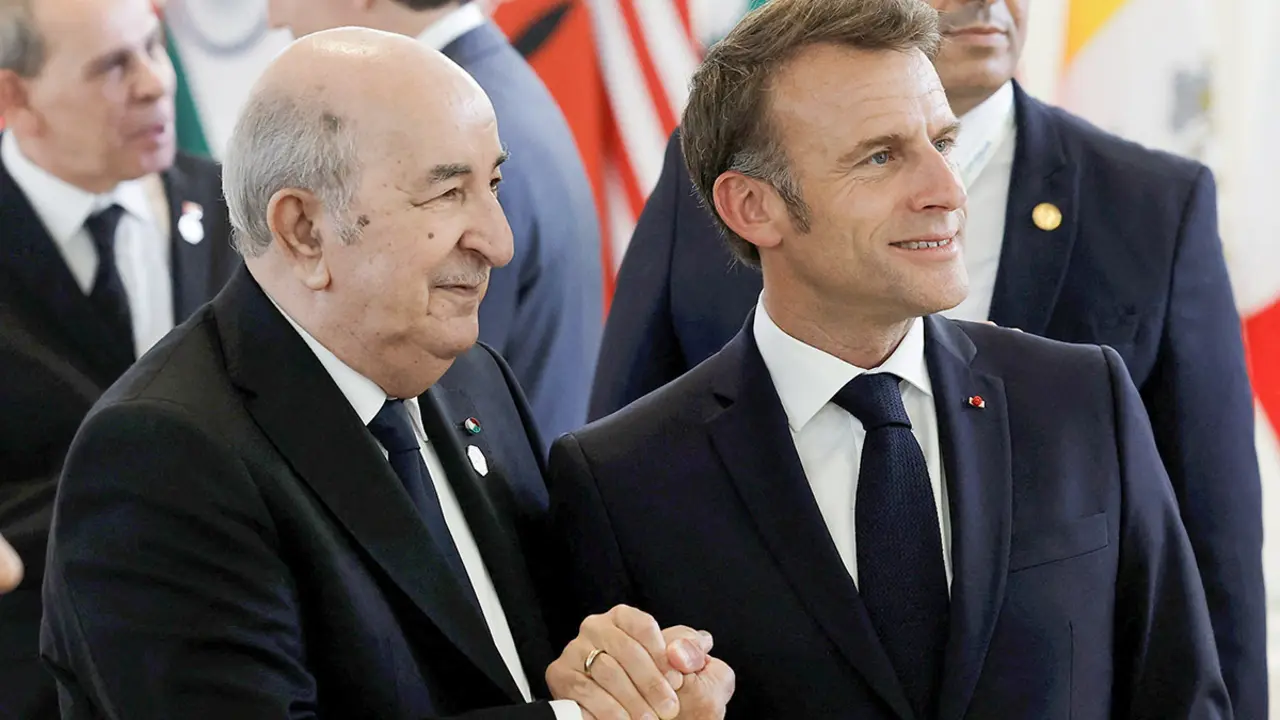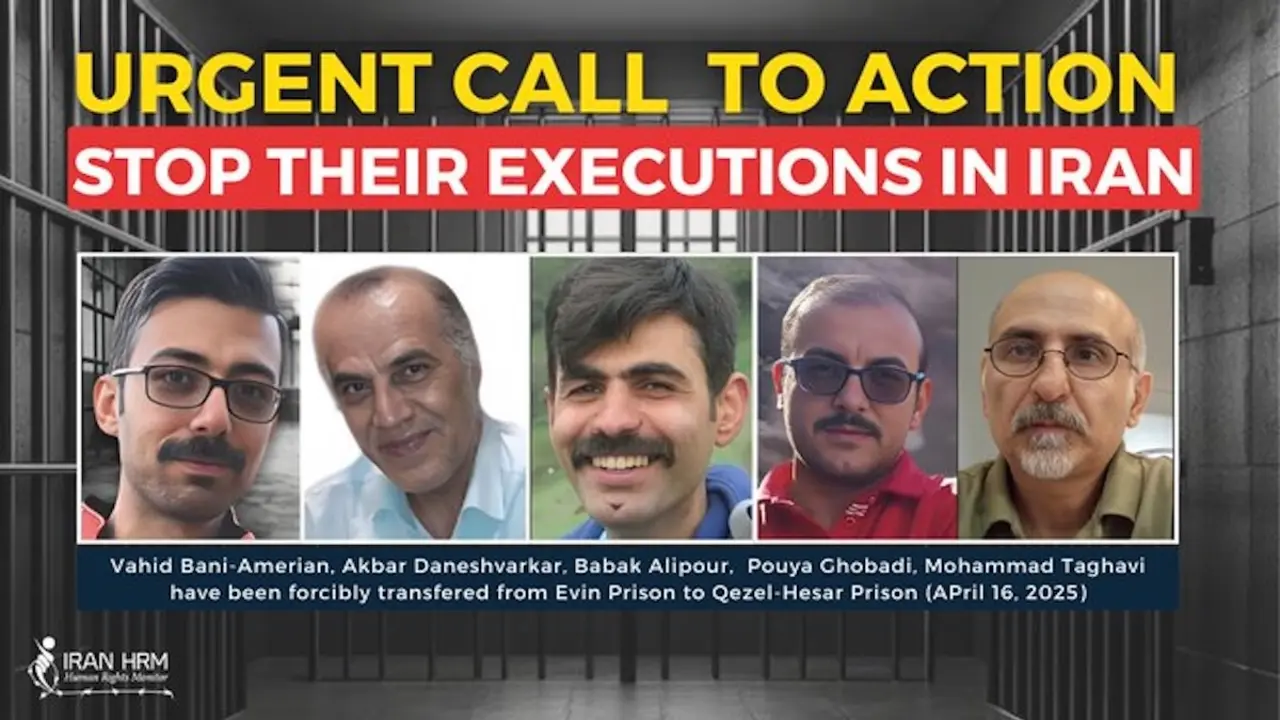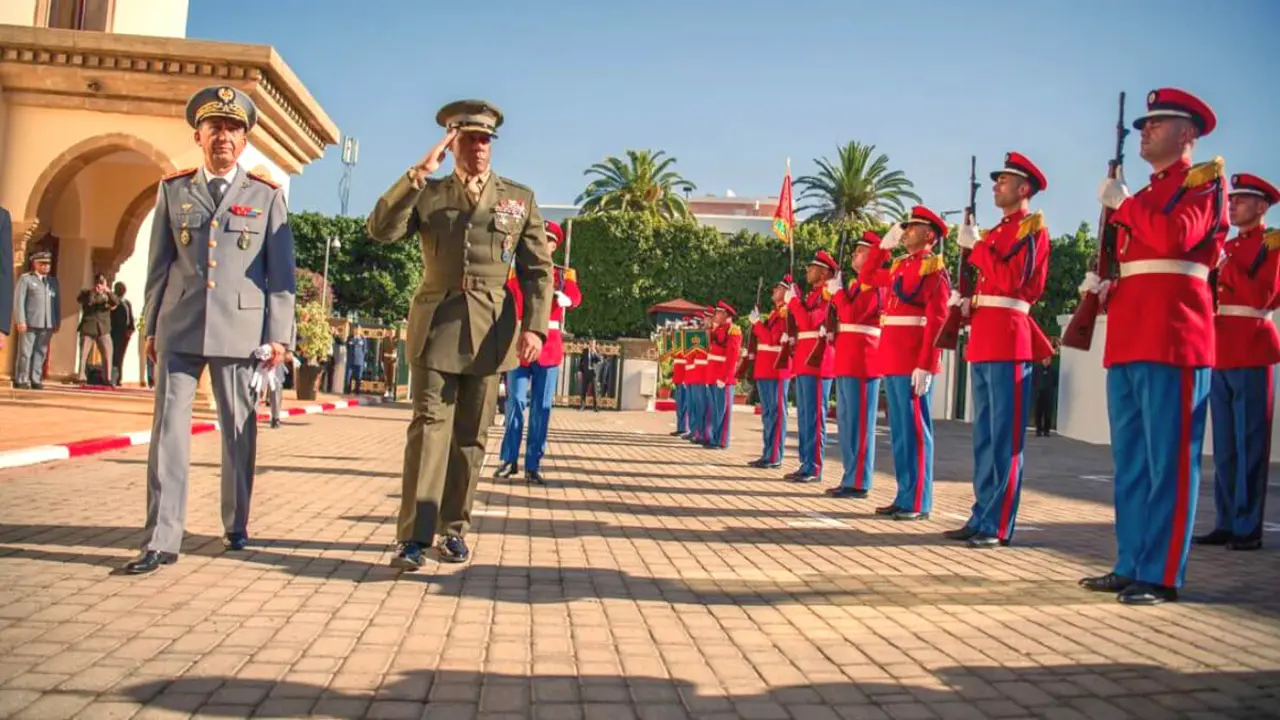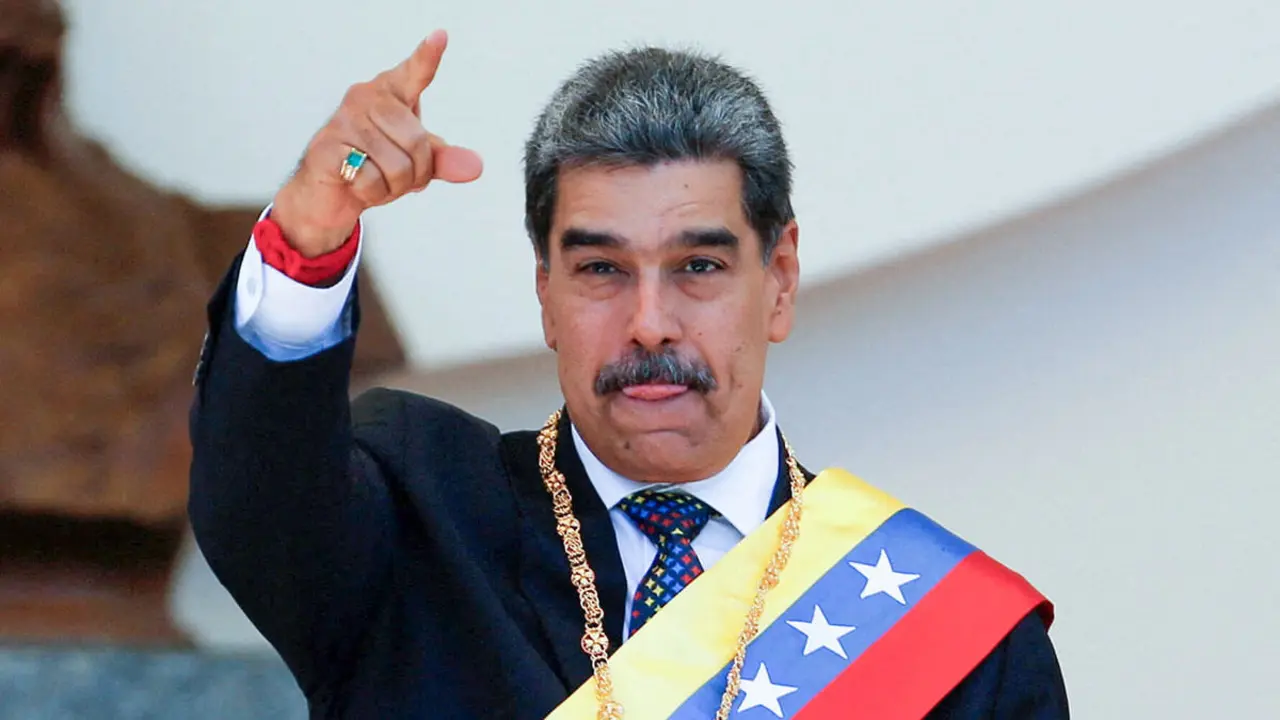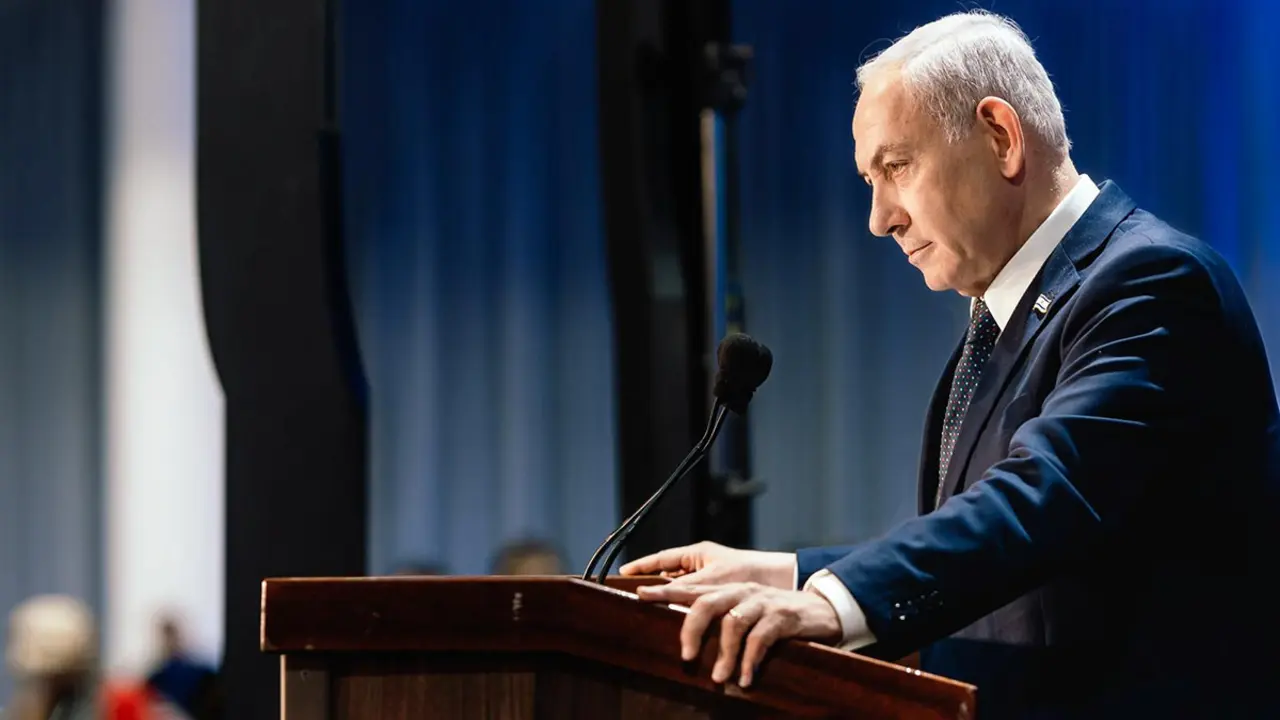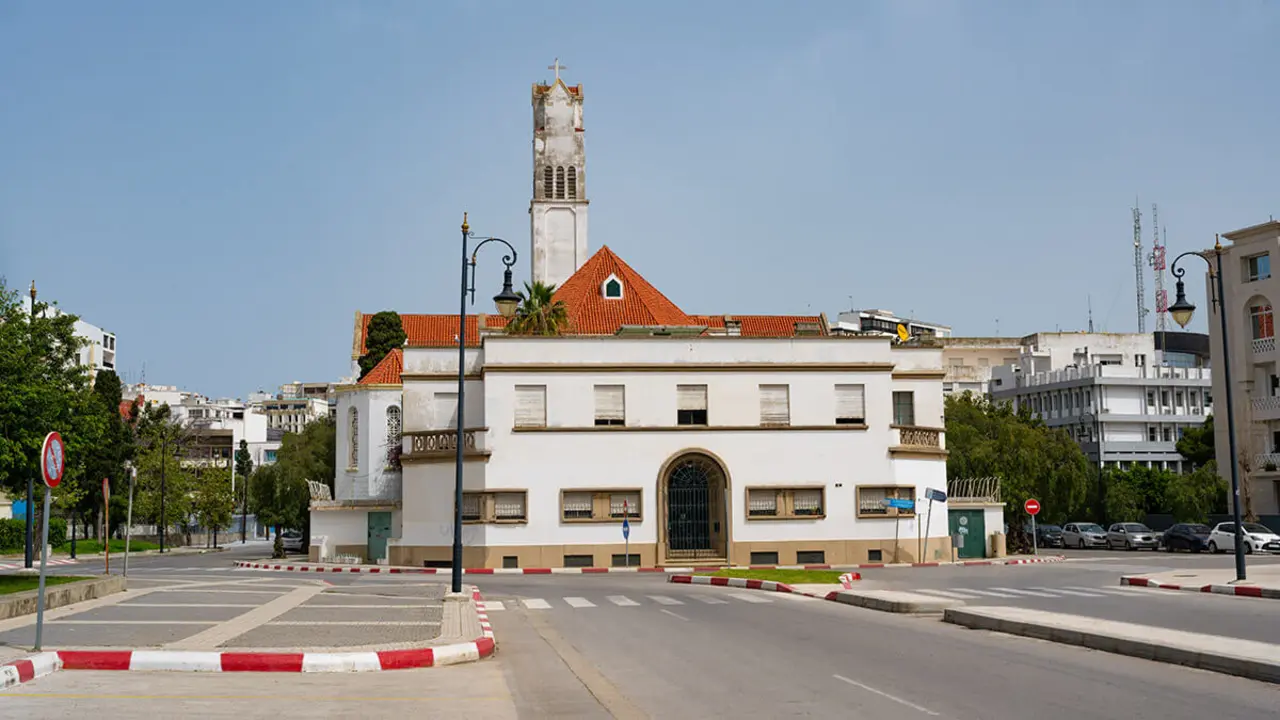The rivalry between Kaïs Saïed and Hichem Mechichi amenaza la democracia tunecina

Tunisian Prime Minister Hichem Mechichi submits the reshuffle of his government to the scrutiny of parliament this Tuesday in a session marked by the call today by those nostalgic for the dictatorship to overthrow an executive that it considers an extension of the conservative Islamist-leaning Ennahda party, and by civil society to surround the congress.
The vote in parliament will also be conditioned by the power struggle between the head of state, the prime minister's office and the parliamentary presidency, and by political tension, which is mainly fuelled by the Free Desturian Party (PDL), which represents those nostalgic for the dictatorship.
In a manoeuvre with strong political impact, Abeer Moussi, leader of the Free Destourian Party (PDL), which defends the interests of those who supported the tyranny of Zinedin el Abedin Ben Ali, who was overthrown in 2011, urged the other parties represented in the House to vote "no" in Tuesday's session.
Although the bellicose language of Moussi, a media regular, seems to have struck a chord with a large part of the population, disenchanted by the economic crisis and the worsening problems of unemployment, corruption and lack of horizons that triggered the revolution, local analysts believe it will have little traction in the House.

For his part, the President of the Republic, Kais Saïed, said the reshuffle would be unconstitutional on procedural grounds, condemned the absence of women among the possible new ministers and said that some of the likely new cabinet members might have conflicts of interest, without giving details.
Kais Saïed, expressed disagreement with Prime Minister Hichem Mechichi's reshuffle at a meeting of the National Security Council on 25 January. In the absence of a Constitutional Court, this conflict threatens to become a matter of state.
Saïed said that the cabinet reshuffle announced by the head of government, Hichem Mechichi, did not respect the procedures provided for in the Constitution, in particular Article 92, which insists on deliberation by the Council of Ministers for any cabinet reshuffle or change in the composition of the government. The President of the Tunisian Republic also pointed to other procedural flaws, without giving further details.
Mechichi, for his part, looks likely to be able to count on the support of Ennahda, which has 52 seats, probably the Salafist Al Karama party, a radical split from Ennahda, which has 21 seats, and the 38 seats of the populist Qalb Tunis, the second largest parliamentary force.
The political paralysis comes at a time when the COVID-19 crisis is weakening an already ailing economy that contracted by more than 8 per cent last year, and when foreign lenders and Tunisia's powerful trade unions are demanding that reforms be speeded up.
Meanwhile, for several days a hundred people have been marching in Tunisia, defying the ban on meetings decreed in the face of the deterioration of the epidemiological situation in recent weeks.
These protests are supported by left-wing organisations such as Tunis in Progress, the Workers' Party, Tayyar Chaabi, the Socialist Party and the Union of Youth Forces, while many Tunisians are increasingly fed up with the government's management of deficient public services and a political class that has repeatedly demonstrated its inability to govern coherently.

